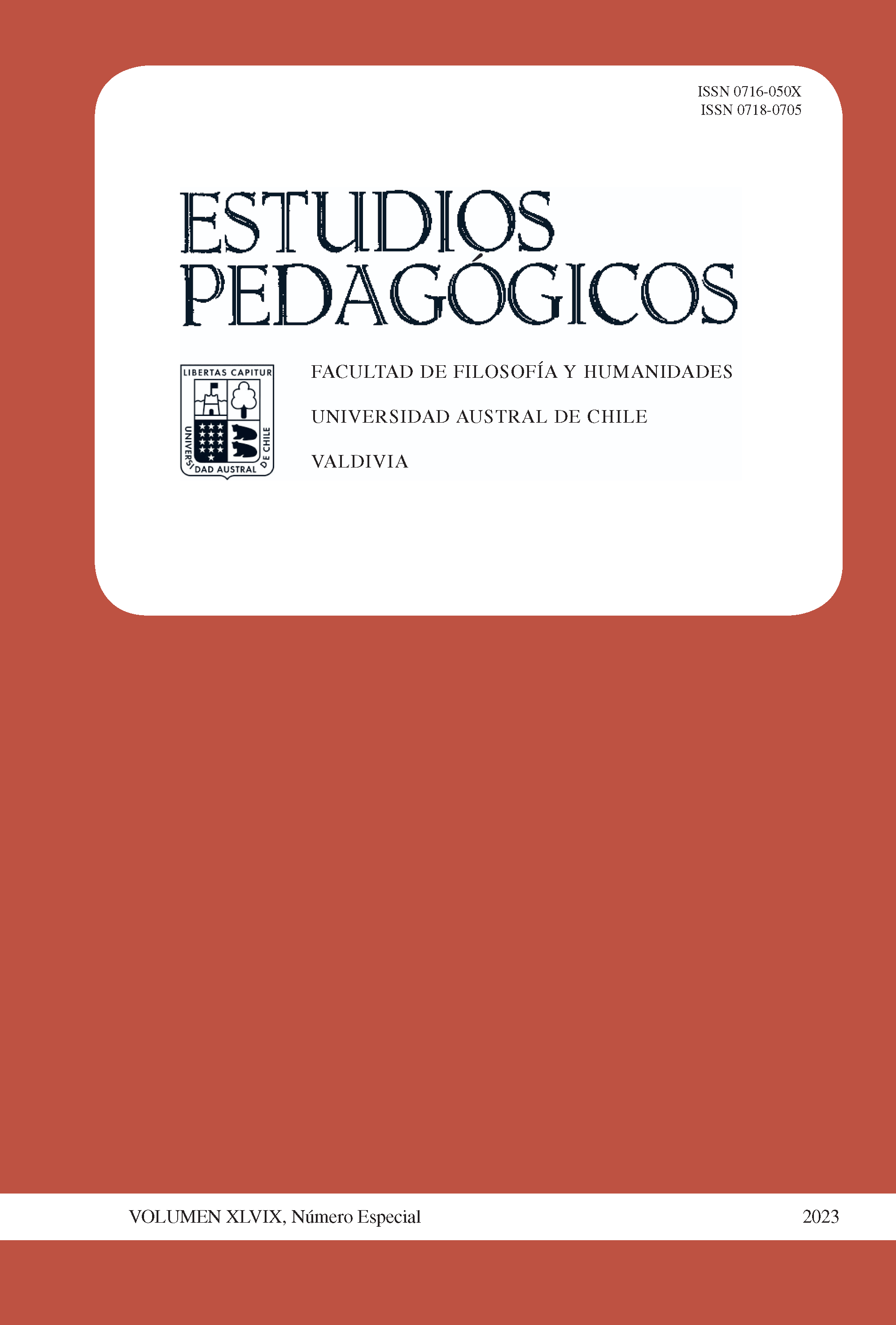Relational democracy: a decolonial reading of bodily trajectories in schools
Main Article Content
Abstract
The dynamics of colonization of bodies operate early and permanently in the educational trajectories of students during their school years, modulating their forms of relationship. In this article we will address this operation, starting from the recovery of bodily practices focused on the ways of living and coexisting democracy from a relational perspective and not from its governance, which makes possible the dismantling of the colonization of bodies in school. To this end, the first section addresses some of the prevailing logics of schools that favor the colonization of bodies, and based on this, some dimensions considered in the implementation of this process are presented. The second section explores the ideological components that sustain colonialism, as well as the references for its dismantling, based on the proposals elaborated by some Latin American critical authors. In a third section, based on the description of four keys linked to teaching practices, we reflect on the aspects that decolonize the dominant ideological dynamics and allow for democratic relations in schools.

